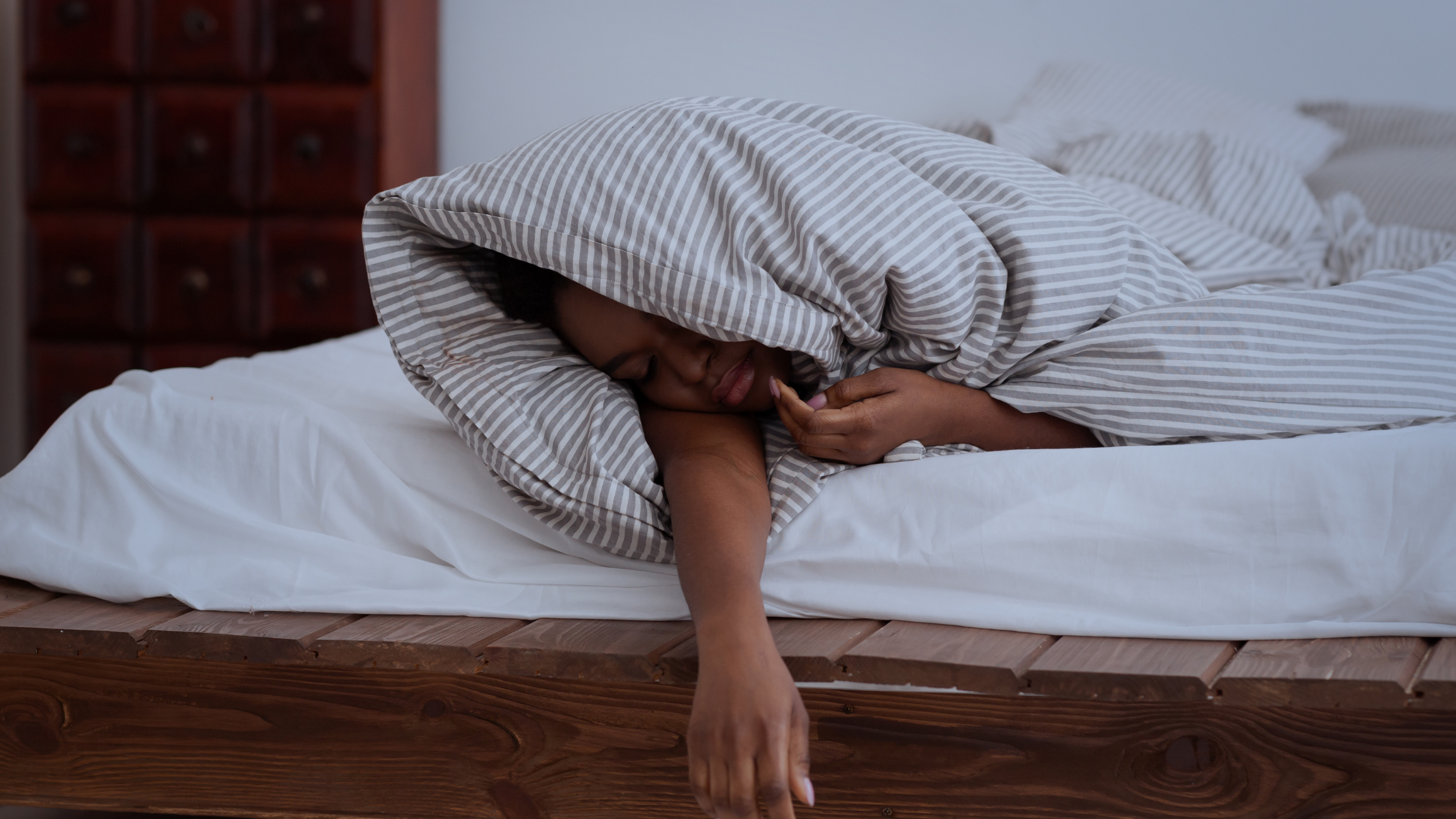
Sleep is an essential aspect of our lives, affecting our physical health, mental well-being, and overall productivity. However, it's not just the duration of sleep that matters; sleep efficiency plays a crucial role in ensuring we wake up refreshed and energized. In this blog post, we will explore the concept of sleep efficiency, its significance, and provide practical tips to help you optimize your sleep quality.
Understanding Sleep Efficiency
Sleep efficiency refers to the ratio of time spent asleep to the total time spent in bed. It indicates how effectively you are using your time in bed for restorative sleep. For example, if you spend 8 hours in bed but only get 6 hours of actual sleep, your sleep efficiency would be 75%.
Why Does Sleep Efficiency Matter?
Quality of Rest
Sleep efficiency directly correlates with the quality of rest you receive during the night. Achieving higher sleep efficiency ensures that you spend a greater proportion of your time in bed in deep, restorative sleep stages, allowing your body and mind to recharge.
Daytime Performance
Improved sleep efficiency leads to increased daytime alertness, cognitive function, and overall performance. It enhances your ability to concentrate, solve problems, and make better decisions.
Health Benefits
Optimal sleep efficiency has numerous health benefits. It helps strengthen the immune system, promotes cardiovascular health, regulates appetite and metabolism, and aids in emotional regulation, reducing the risk of mental health issues.
Tips for Enhancing Sleep Efficiency
-
Establish a Consistent Sleep Schedule: Maintain a regular sleep schedule by going to bed and waking up at the same time every day, even on weekends. This routine helps regulate your body's internal clock, making it easier to fall asleep and wake up naturally.
-
Create a Restful Sleep Environment: Ensure your bedroom is conducive to sleep. Keep it cool, dark, and quiet. Use blackout curtains, earplugs, or white noise machines if needed. Invest in a comfortable mattress, pillows, and breathable bedding to promote better sleep quality.
-
Practice a Relaxing Bedtime Routine: Engage in activities that help you unwind before bed. Avoid stimulating activities and electronic devices close to bedtime, as the blue light emitted can disrupt your sleep-wake cycle. Instead, opt for relaxation techniques like reading, taking a warm bath, or practicing meditation.
-
Limit Stimulants and Alcohol: Reduce your intake of stimulants like caffeine and nicotine, especially in the evening. These substances can interfere with falling asleep and disrupt sleep quality. While alcohol may initially make you drowsy, it can disrupt sleep patterns and decrease sleep efficiency.
-
Exercise Regularly: Engaging in regular physical activity can improve sleep efficiency. Aim for at least 30 minutes of moderate exercise most days of the week, but avoid intense workouts close to bedtime as they can increase alertness and make it harder to fall asleep.
-
Manage Stress: High levels of stress and anxiety can interfere with sleep. Prioritize stress management techniques such as deep breathing exercises, journaling, or engaging in hobbies that promote relaxation. If persistent sleep problems arise from stress, consider seeking professional help.
Conclusion
Achieving optimal sleep efficiency is crucial for reaping the benefits of a good night's sleep. By following these tips and making sleep a priority, you can enhance your sleep efficiency, promote overall well-being, and wake up each day feeling refreshed and ready to take on the world. Remember, a little effort towards improving your sleep habits can yield significant results in your daily life. Sweet dreams!
If you or someone you know is struggling with sleep deprivation, then please click the orange button below to take a free online sleep test and talk with one of our sleep health professionals.

